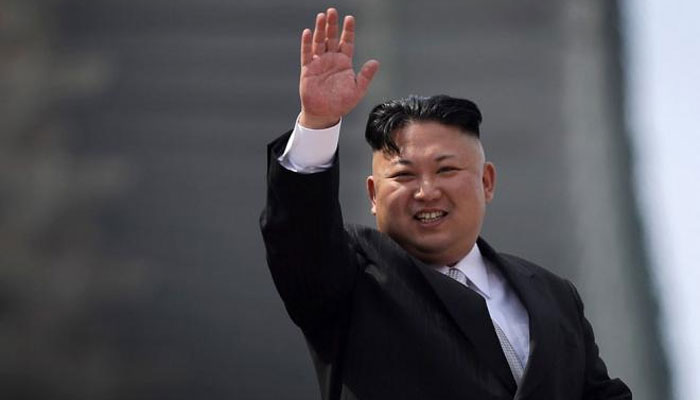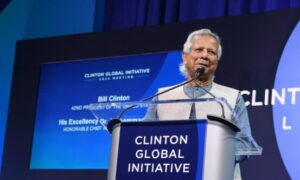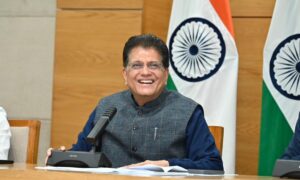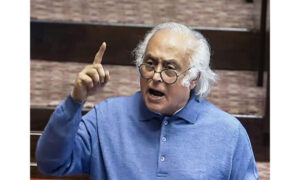
File Picture Courtesy : Zee News
North Korean leader Kim Jong-un told his South Korean counterpart at their historic summit that his country would be willing to give up its nuclear weapons if the US commits to a formal end to the Korean War and a pledge not to attack the North, Seoul officials said on Monday.
According to a news report by AP, Kim also vowed during his meeting with South Korean president Moon Jae-in on Friday to shut down the North’s nuclear test site in May and disclose the process to experts and journalists from South Korea and the United States, Seoul’s presidential office said.
While there are lingering questions about whether North Korea will ever decide to fully relinquish its nukes as it heads into negotiations with the US, Kim’s comments amount to the North’s most specific acknowledgement yet that “denuclearisation” would constitute surrendering its weapons.
US national security adviser John Bolton reacted coolly to word that Kim would abandon his weapons if the United States pledged not to invade.
Asked on CBS’ Face the Nation whether the US would make such a promise, Bolton said: “Well, we’ve heard this before. This is – the North Korean propaganda playbook is an infinitely rich resource.” “What we want to see from them is evidence that it’s real and not just rhetoric,” he added.
Seoul officials, who have shuttled between Pyongyang and Washington to broker talks between Kim and President Donald Trump that are expected in May or June, said Kim has expressed genuine interest in dealing away his nuclear weapons.
But there has been skepticism because North Korea for decades has been pushing a concept of “denuclearisation” that bears no resemblance to the American definition.
The North has long vowed to pursue nuclear development unless Washington removes its 28,500 troops from South Korea and the nuclear umbrella defending South Korea and Japan.
During their summit at a truce village on the border, Moon and Kim promised to work toward the “complete denuclearisation” of the Korean Peninsula but made no references to verification or timetables.
Kim also expressed optimism about his meeting with Trump, Moon’s spokesman Yoon Young-chan said.
“Once we start talking, the United States will know that I am not a person to launch nuclear weapons at South Korea, the Pacific or the United States,” Kim said, according to Yoon.
Yoon also quoted Kim as saying: “If we maintain frequent meetings and build trust with the United States and receive promises for an end to the war and a non-aggression treaty, then why would we need to live in difficulty by keeping our nuclear weapons?” The Korean Peninsula technically remains in a state of war because the 1950-53 Korean War was halted with an armistice, not a peace treaty.
The closing of the nuclear test site would be a dramatic but likely symbolic event to set up Kim’s summit with Trump. North Korea already announced this month that it has suspended all tests of nuclear devices and intercontinental ballistic missiles and plans to close its nuclear testing ground.
Still, Adam Mount, a senior defense analyst at the Federation of American Scientists, said Kim’s comments were significant because they are his most explicit acknowledgement yet that denuclearisation means surrendering his nuclear weapons.


















